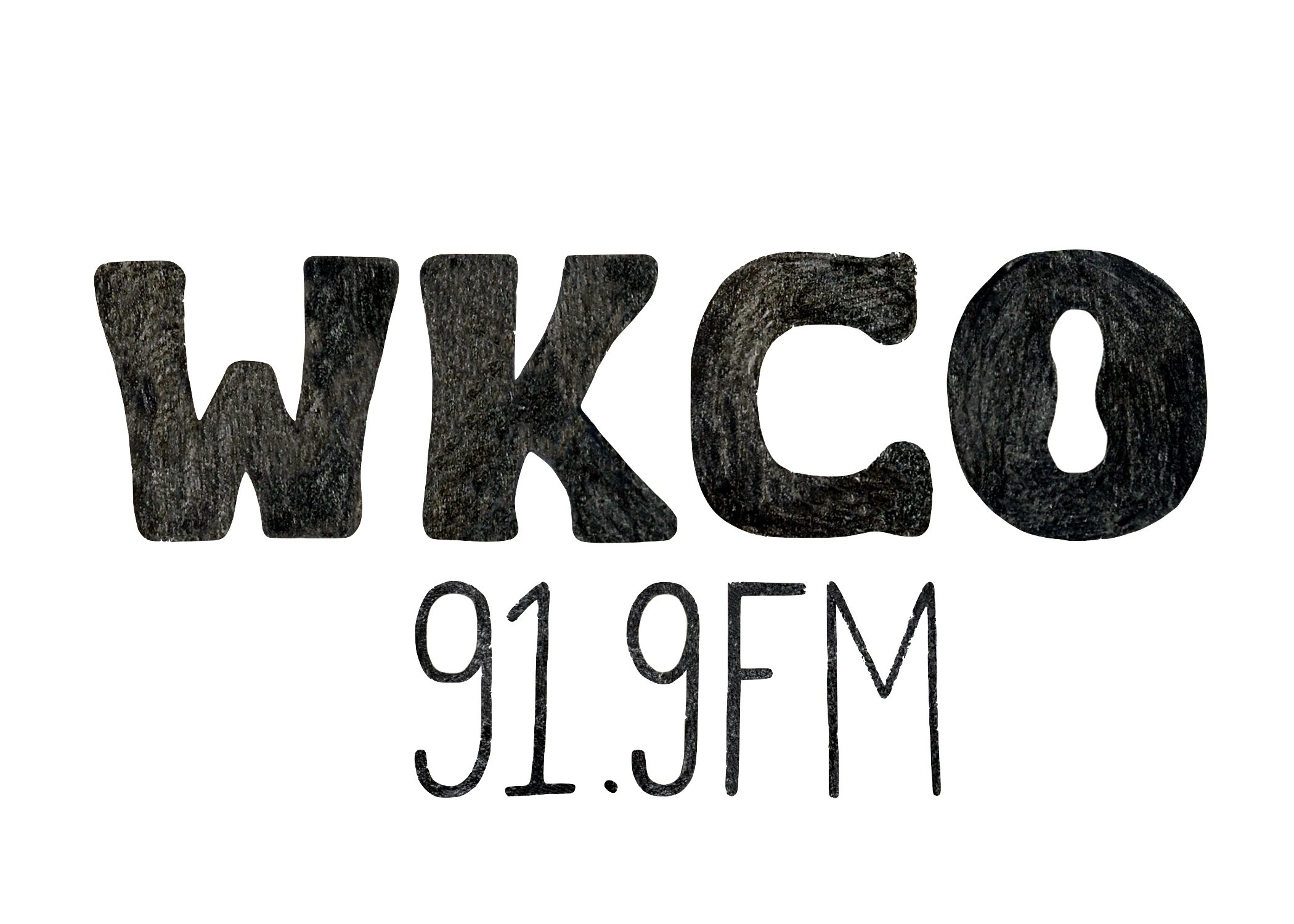“After Hours” by The Weeknd
After releasing three charting singles on a careful schedule in November of 2019, The Weeknd dropped After Hours, his latest album, to kick off 2020. Sometimes meditative, sometimes bleak, sometimes brilliant, The Weekend slips between the paradox of fame and loneliness that is LA, and the self-indulgent hellscape of Vegas. I strongly hope this creation of such a technically impressive and personally dimensional project is enough to pull him from the funk of failed relationships, drug abuse, and fame.
Building mutually-supportive, albeit competitive relationships with fellow rap/R&B adjacent such as Travis Scott and Drake, The Weeknd found himself quickly propelled into the spotlight, which evidently forced a shift in his character from the reefer-smoking son of Ethiopian immigrants to his current, fractured self. With an introspective focus reminiscent of these artists (as Drake puts it, “In My Feelings”), Tesfaye frames his past through a stylistically diverse series of lenses. Thus it’s important to note his high-profile relationship issues with model Bella Hadid and actor/fellow musician Selena Gomez. This love triangle resulted in little more than heartbreak (and creative material) for all three, due primarily to the limelight of fame ever-shining on their personal lives.
My Dear Melancholy, The Weeknd’s 2018 EP, seemed to be his attempt at hashing out his romantic history with Hadid and Gomez. It features the club hit “Wasted Times”, which borrows from UK garage with catchy, dancey drum patterns and lo-fi synths. “Wasted Times” denounces Tesfaye’s flings and the flings of whomever he sings to (assumingly Hadid), and attempts to reconcile their relationship despite hurt and infidelity. However, in the clear followup on After Hours, “Too Late”, he adopts an independent-by-necessity perspective, self-critically declaring “Its way too late/to save our souls baby/It’s way too late/we’re on our own”. “Too Late” borrows equally heavily from garage, and, in my opinion, is technically the most impressive song on the album, flipping the genre on its head, from beachy, mollycoddling house music to desolate, depressive dancehall.
Overall, it would be astute to call After Hours a direct follow up, or perhaps follow through, on the 7-track My Dear Melancholy, which for the first time showed true self-awareness, and not the surface-level self-criticism of Beauty or man-on-a-wire, indulgent tone of Starboy. Thematically, musically, and aesthetically.
Following “Too Late” sits “Escape From LA”. A definitive song of the album that signifies his peaceful formal farewell to LA, introducing his first trippy foray into Vegas with an oscillating sample and hi-hat heavy trap beat. The Weeknd condemns the city and its demons in the first majority of the track, fighting for his soul “like Constantine”, DC Comics’ magical antihero, before being interrupted by a siren-like transition into the second portion. The beat turns bassy and psychedelic, eliciting the etherea of Fear and Loathing in Las Vegas, a clear album inspiration. These themes continue through his introduction to Vegas on the single “Heartless” and into the crowd-favorite “Faith”, which places his lustful sexual desire in conversation with a similarly carnal craving for chemical relief, chanting at the zenith of the song “and if I OD/I want you to OD right beside me/I want you to follow right behind me”. After a series of verses, with no chorus, belted over an incredibly high-energy instrumental, The Weeknd turns down the volume in a metaphorical comedown, pondering his self-destructive tendencies in the back of a police car. Here is perhaps the most pronounced self-criticism Tesfaye imposes on himself. He confronts fleeing his Ethiopian orthodox roots towards money, sex, drugs, and power. Directly afterward, the charting single “Blinding Lights” pulls him out of this desolate fugue, only to propel him into the second, equally disorienting half of the frog-trip.
In conclusion, After Hours is an eclectic glass menagerie of instrumentals that provide a Kavinsky-esque, neon-soaked backdrop to Tesfaye’s romantic history and history as a pop musician. It feels like the culmination of all of his past album concepts, capturing the hubristic but fragile contradiction of Trilogy, the hedonistic Abel of Kiss Land , the still-cocky but paranoid self-exploration of Beauty Behind the Madness, the popstar status of Starboy, and last but certainly not least the life-stricken self-awareness of My Dear Melancholy. Evidently, Tesfaye continuously improves upon his craft and himself in every project. I await his next experiment eagerly.
Miles Monga

